The American Civil War, which occurred in the 1860s, has been lost in history. Despite being one of the most prominent wars, there has been a lot of false information spread since the end of the war as to how it started.
Many people are now trying to right those wrongs by spreading the correct information as to how the American Civil War really began, as well as explaining why it is important to know the truth.
Attempting to Re-Write History
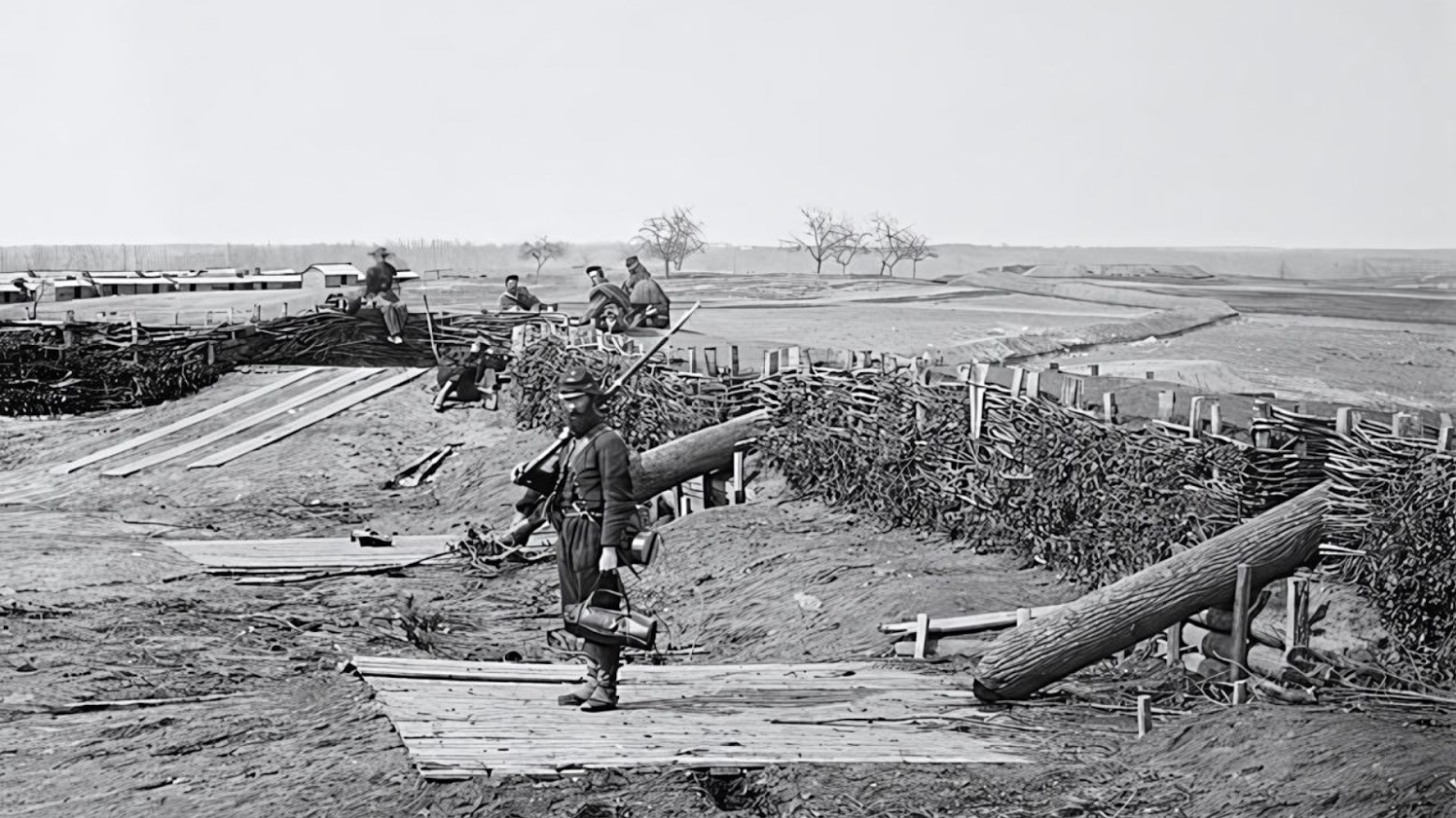
Nothing about history can be changed. It has already happened, regardless of whether it was a good or bad thing. Some of these historical events are marked with paintings, documents and even statues.
Many attempts have been made to either rewrite or eradicate history. In Charlottesville, Virginia, demonstrators began pulling down Confederate statues because of what they represent. Former President Donald Trump then condemned this, saying, “History and culture of our great country [are] being ripped apart with the removal of our beautiful statues and monuments.” But were the demonstrators re-writing history, or was this the fault of the people represented by the statues?
The Lost Cause
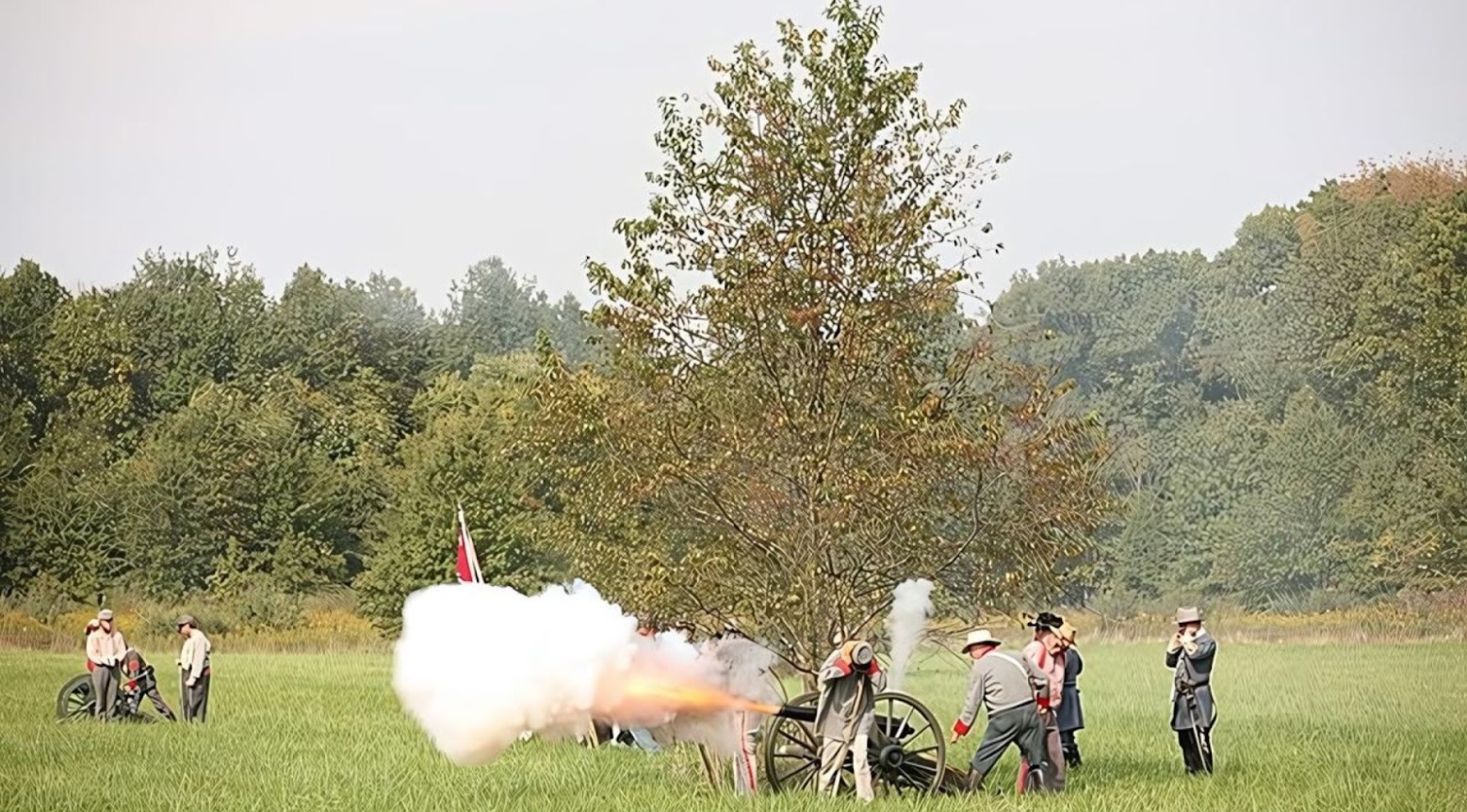
One reason that has been given for the start of the American Civil War is the lost cause. This reason has been taught for years through word of mouth and in schools. But is it the real reason for the American Civil War?
The answer is no. Historians have long regarded the lost cause as a myth, created to preserve the honor of the South by painting Confederate Generals in the best light possible.
Preserving the Honor of Confederates
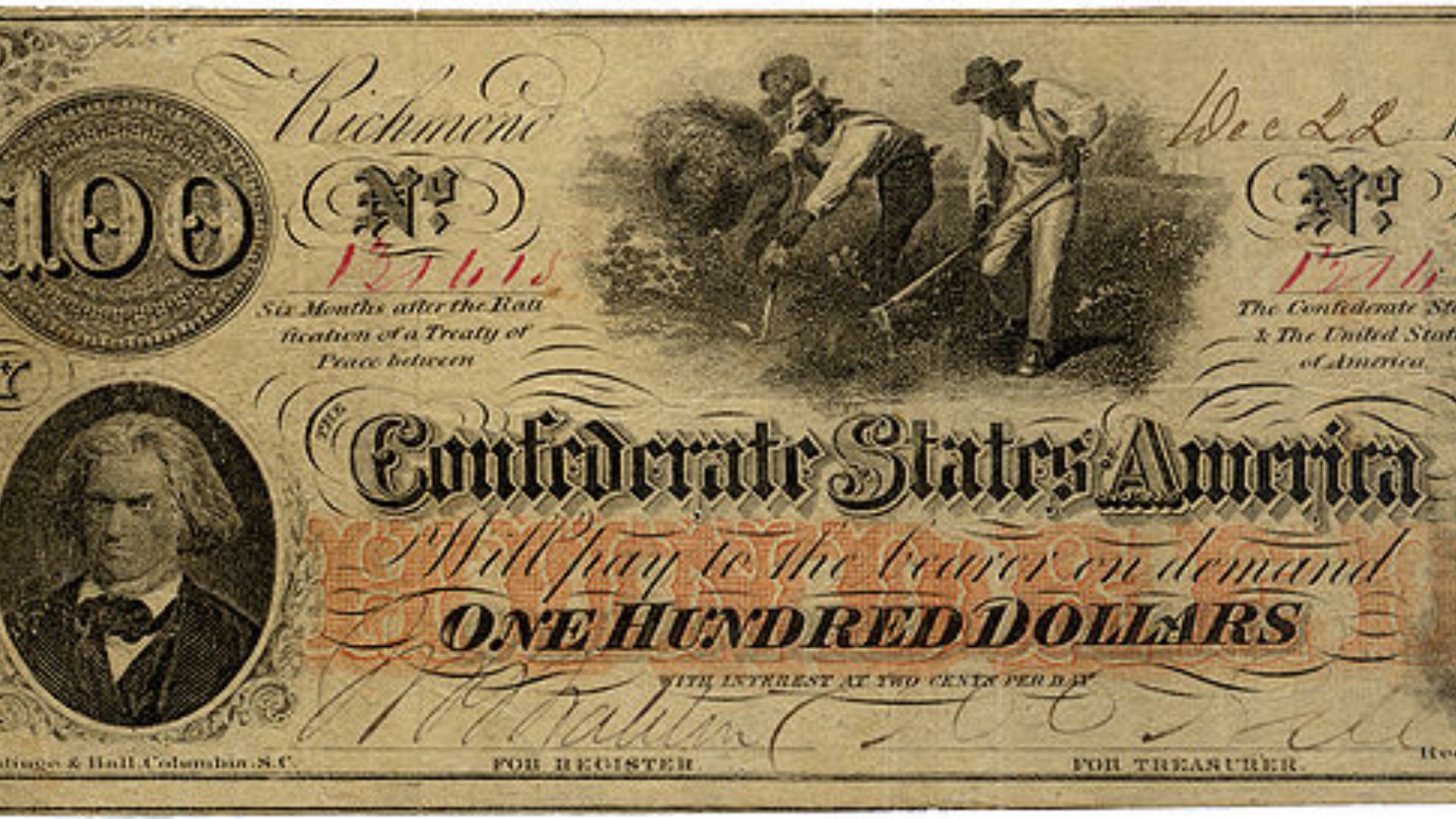
The Lost Cause attributes the Confederate’s defeat to the Union’s advantage in manpower and resources.
This interpretation of the Civil War reminisces on benevolent slave owners and happy enslaved people before the war. It downplays the dark history of slavery and attempts to preserve the honor of those who fought for the Confederacy.
Immediate Causes of the War
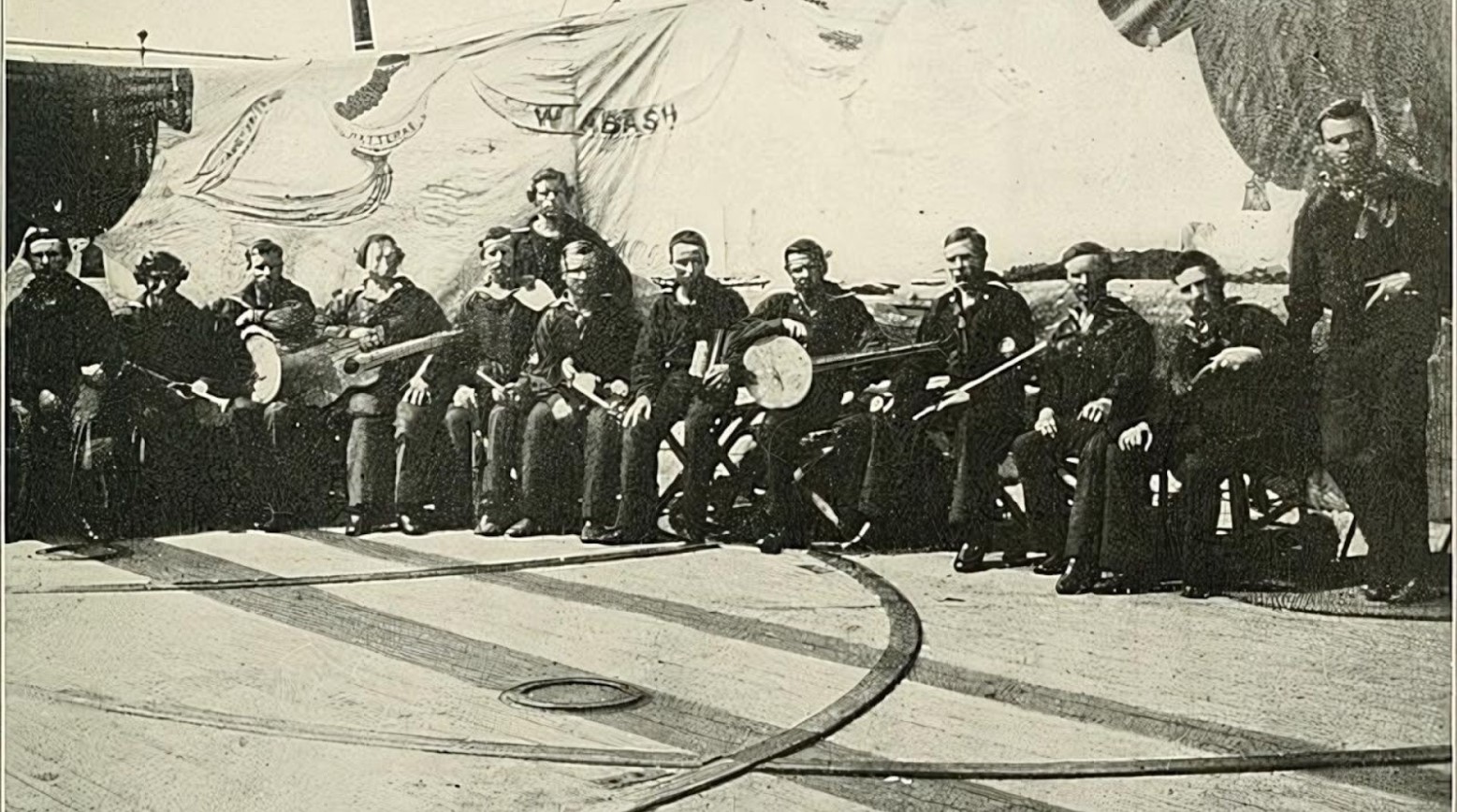
When war broke out, there was one immediate cause: a Constitutional principle involving the government refusing to recognize southern states’ rights to secede from the Union.
The Confederate States government asserted its right by seizing federal property within its states’ borders. Despite this feeling like the immediate cause of the conflict, the actual reason is a much more pressing issue.
Why Did the American Civil War Start?
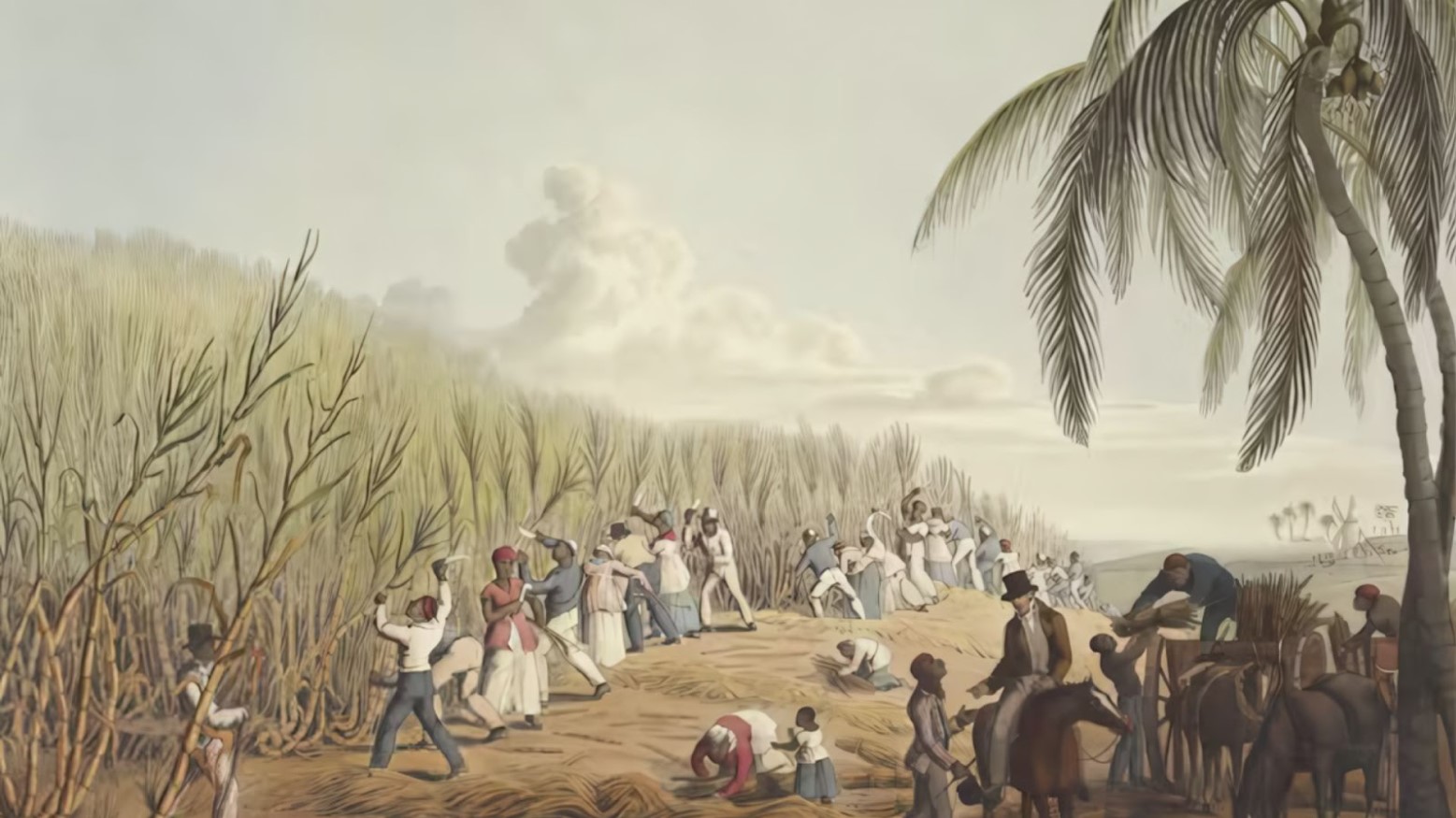
Much of what we know as modern America started with the American Civil War. This is why it is important to remember how the war began. Despite recent attempts to rewrite history, the Civil War began because of slavery.
The war began because southern states were outraged over the election of Abraham Lincoln, who wanted to restrict slavery. Instead of respecting democracy, these states decided to start a war in the hope of keeping slavery how it was.
Differences Between North and South
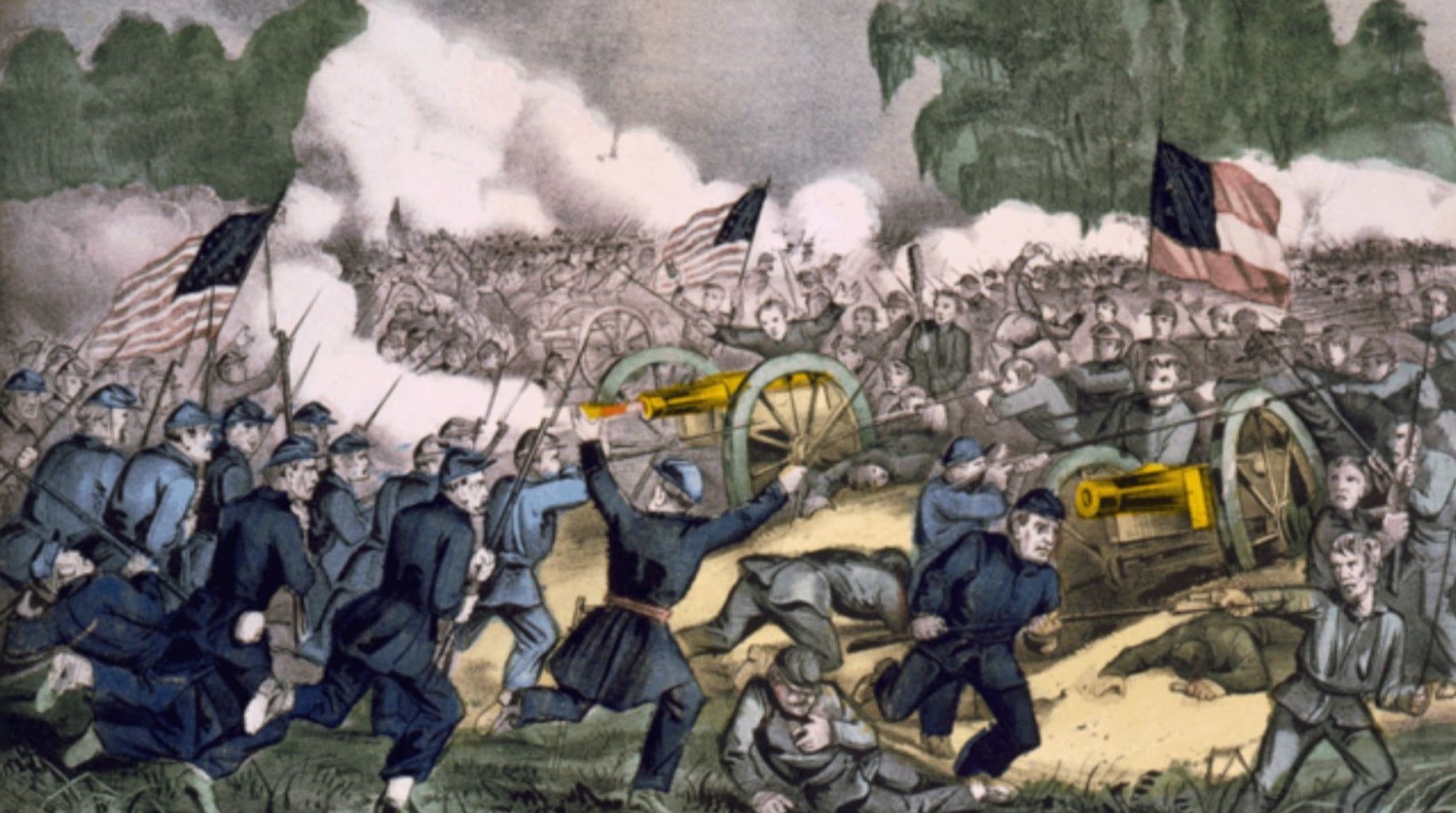
The Northern and Southern states that were around at that time were in complete disagreement over multiple things, including economic policy, cultural values, the extent and reach of the Federal Government, and the role of slavery within society.
Many of these disagreements between the North and South are still at play today, just not as much as they once were. It was a combination of all of these differences, but primarily the role of slavery is what eventually led to war breaking out.
Lack of Clarity in the Constitution
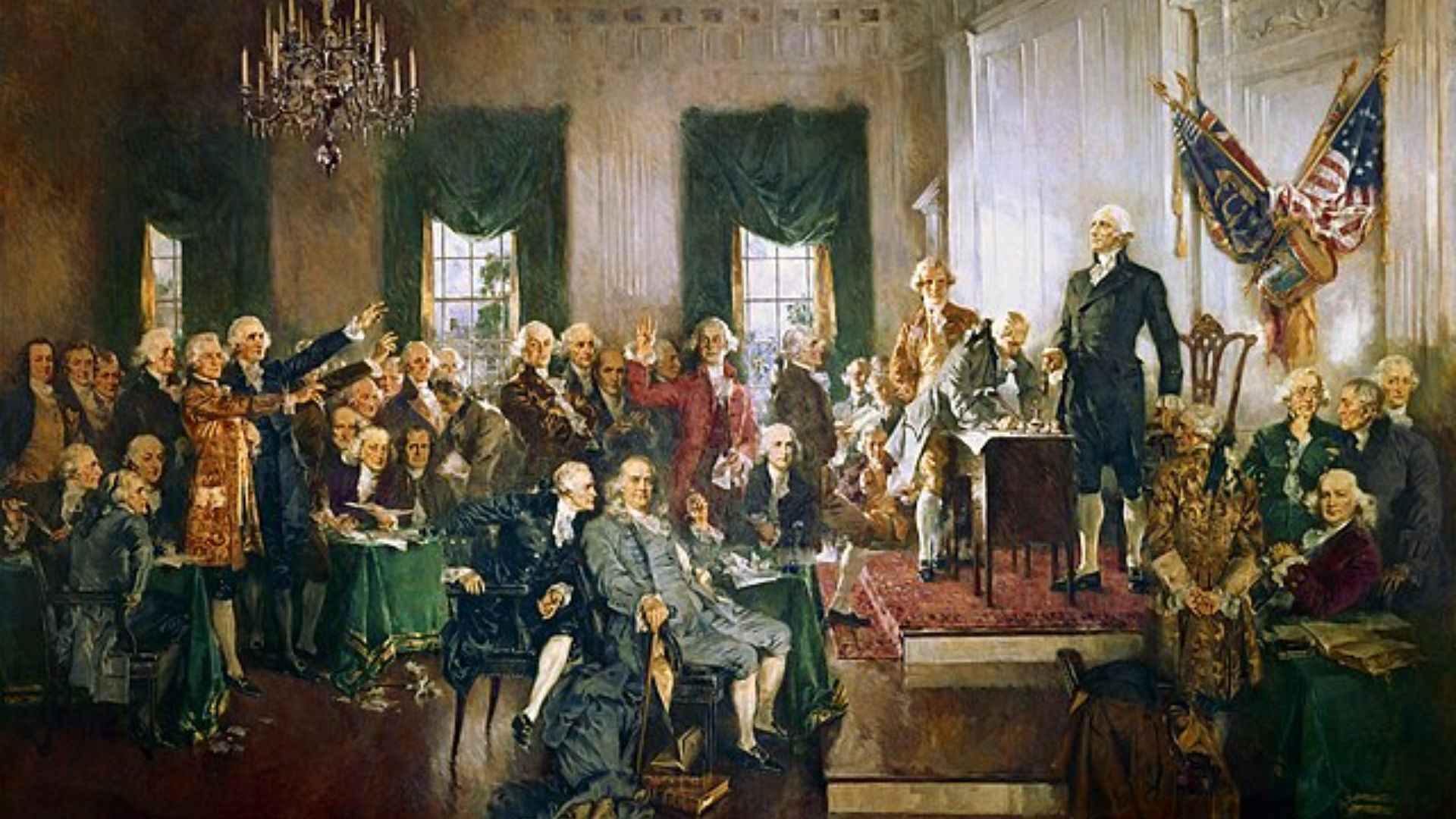
The Constitution provided little clarity about slavery and the role it would play in new territory that the U.S. would acquire. Refusing to deal with slavery in the Constitution would guarantee future conflict.
The Constitution’s 3/5ths clause allowed the Southern states to include three of every five enslaved people in their population. This gave the South far greater representation in national government than they would have had based on their free population.
Southern Comfort Survived Off of Slavery
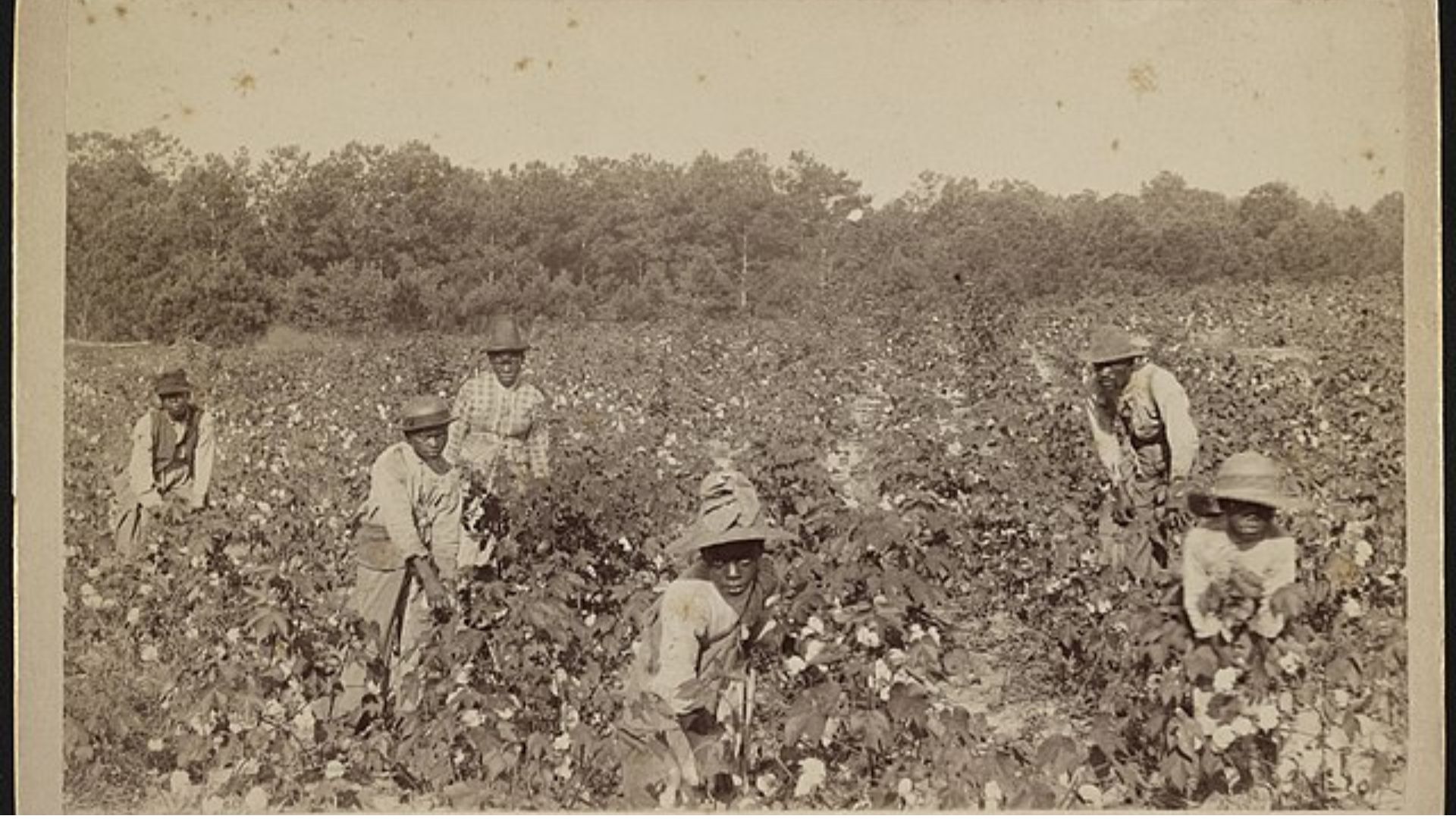
The hope that slavery would naturally die out in the South ended when global demand for cotton soared in the early 1800s.
By 1840, the American South gained more money from cotton than any other export. Southerners became unable to separate their way of life from the labor of enslaved people. The South was adamant about preserving a republic based on slavery.
Individual Soldiers Had Their Own Reasons
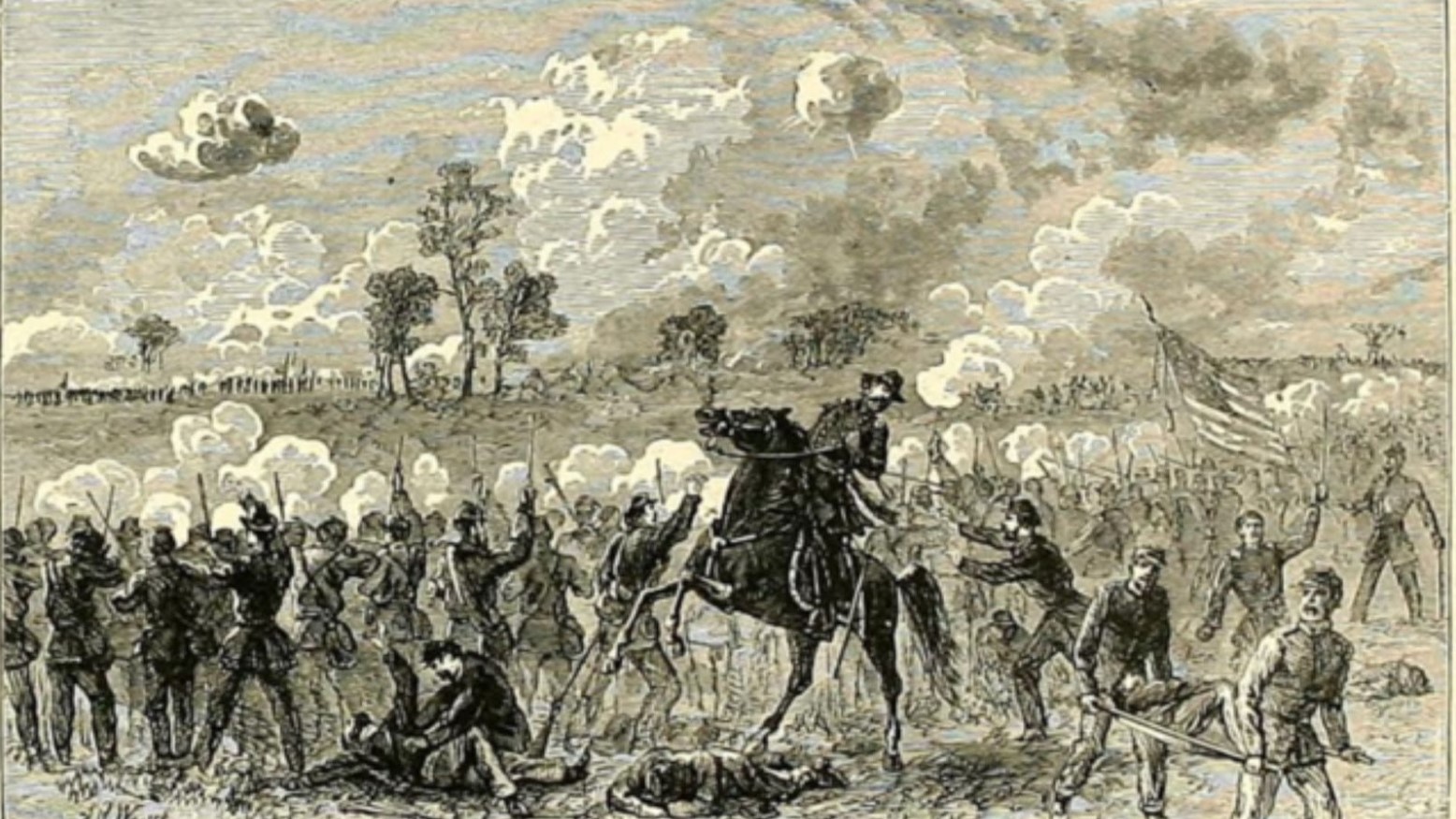
Despite the overall reasons for war between the North and South, individual soldiers on both sides had their own reasons for wanting to fight. These reasons didn’t always match the reasons of their respective governments.
These reasons were a mix of personal, social, economic and political values, all of which motivated them to keep up the fighting to try and get their own way.
Previous Attempts to Solve the Problem Failed
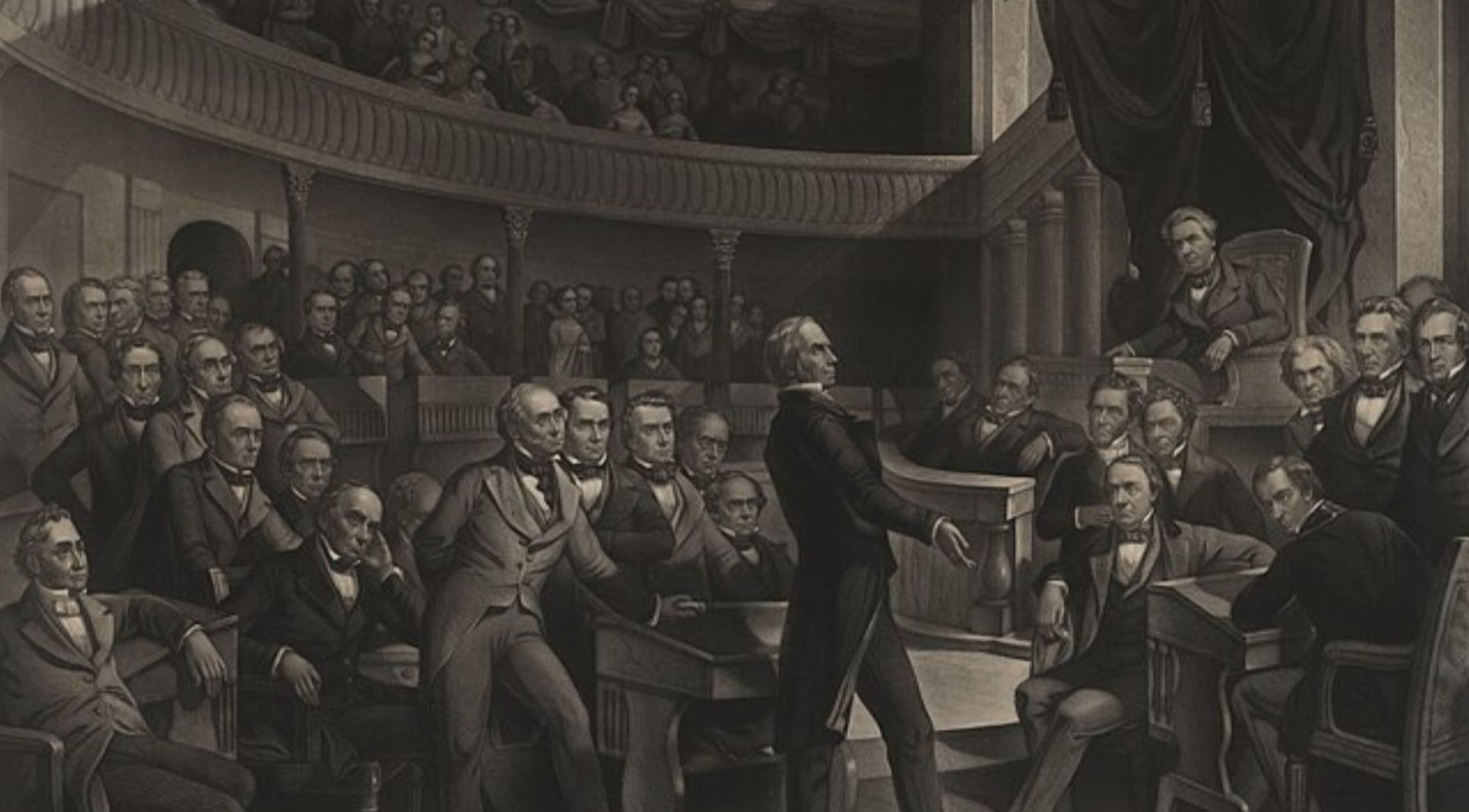
Before the Civil War broke out, the Federal Government attempted to solve the problem. This was done to try to make both sides happy, but the end result pushed them further apart.
They attempted the Compromise of 1850, a series of bills to try and solve the problem, but ended up helping no one. The 1852 publication of Uncle Tom’s Cabin pushed Northerners against slavery even more, while the 1857 Dred Scott Decision determined that enslaved people were not U.S. citizens and prevented Congress from banning slavery in federal territories.
The Confederacy Were Loud and Clear
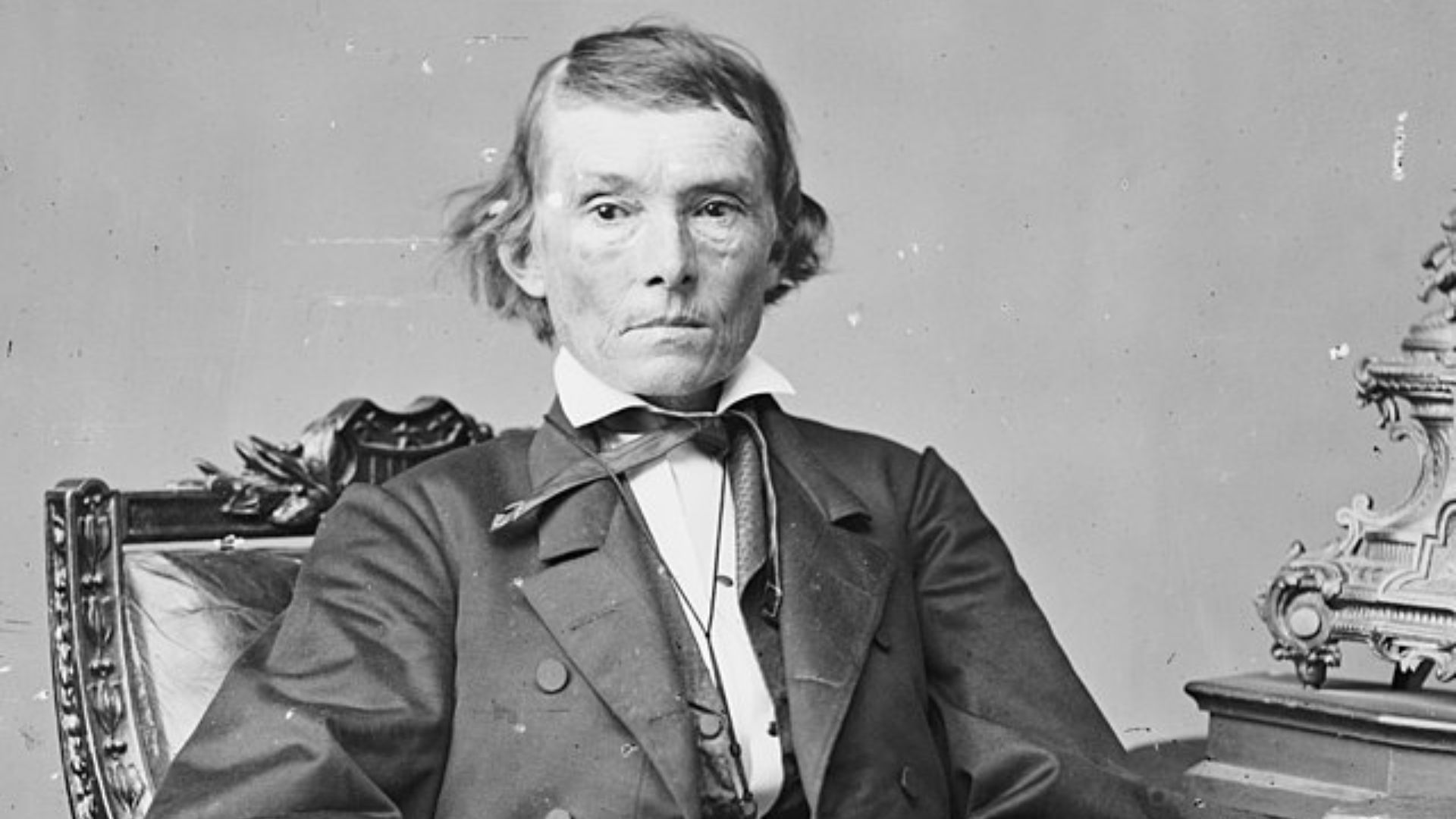
The reason why the Civil War started is no mystery. The Confederacy made their position extremely clear.
Alexander Stephens, vice president of the Confederacy, denied that all men are equal. Stephens said: “Our new government is founded upon exactly the opposite idea. Slavery subordination to the superior race is his natural and normal condition.”
The History of Slavery
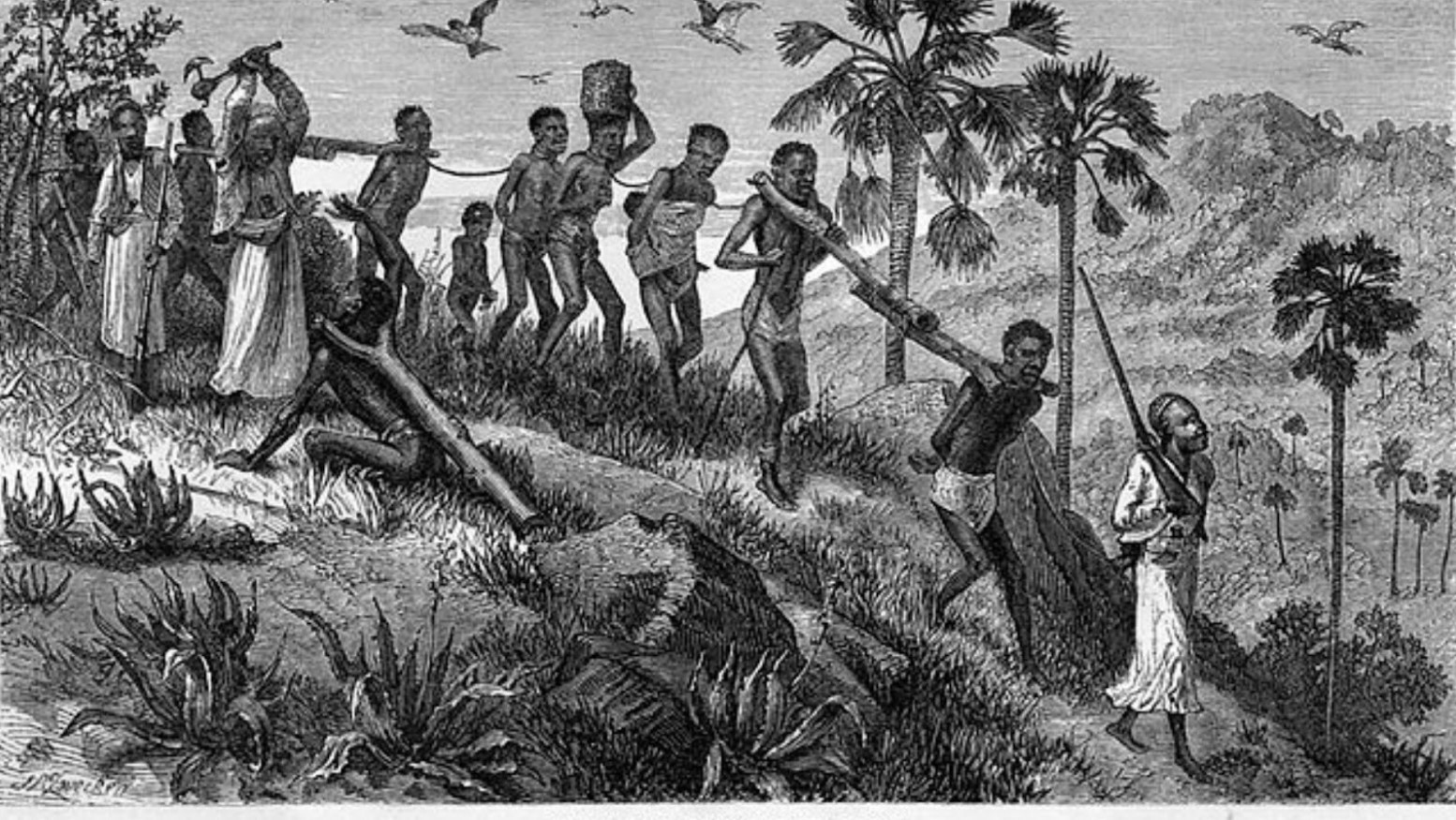
Despite there being several reasons for the Civil War, the overarching reason is slavery. America has a deep history of slavery, something the North hoped to eradicate by the time that the Civil War happened.
Slavery is believed to have begun in the U.S. in the early 1600s when a Portuguese ship brought 20 enslaved Africans to present-day Virginia. Over time, the number of slaves in the U.S. grew to the point where it was legal in all 13 colonies during the fight for independence from England in 1775.
Emancipation vs. an Immediate End
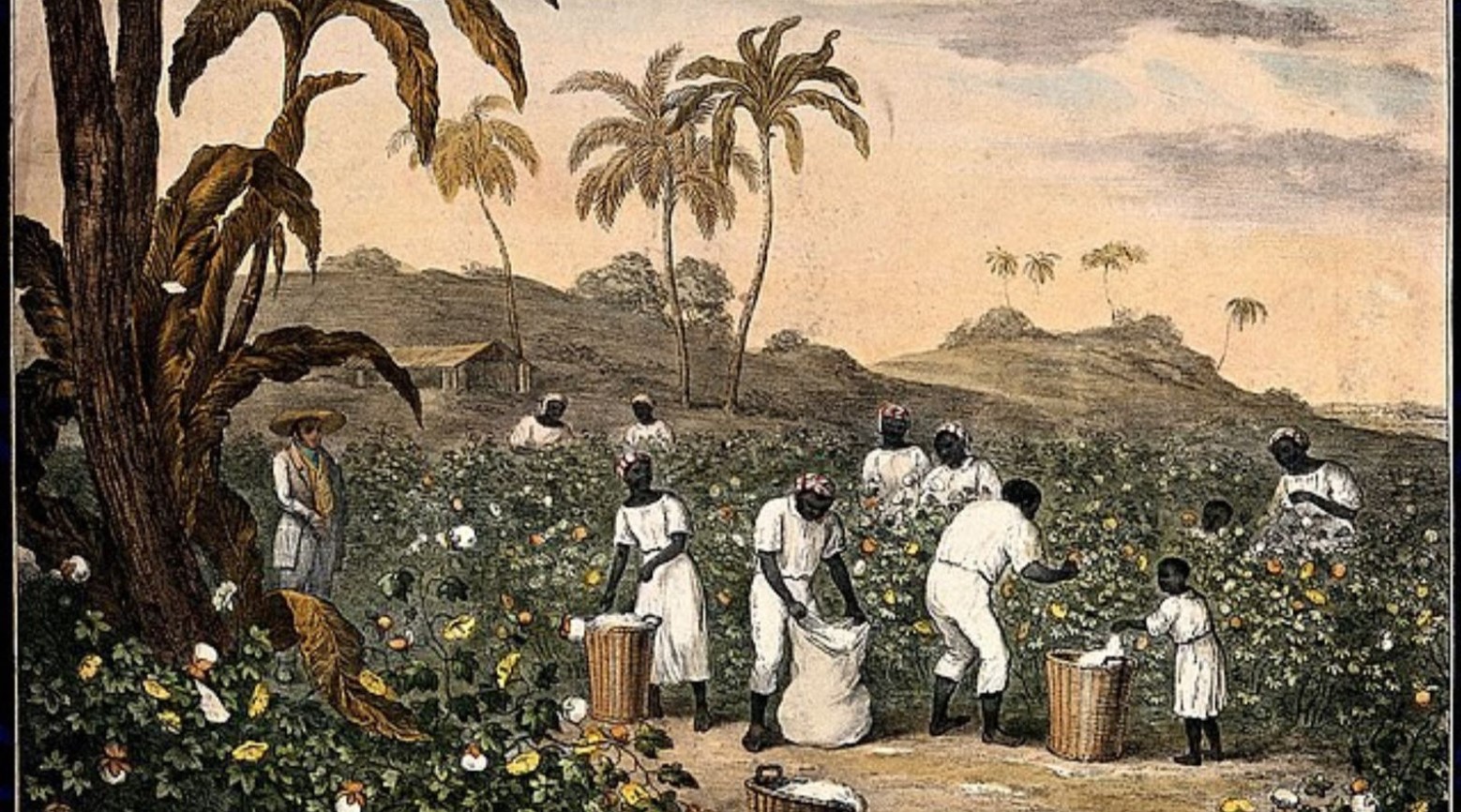
Even though the North and South had different opinions on slavery, people in the Northern states also had different opinions on slavery. While some believed the slaves should have gradually been emancipated, others felt there should have been an immediate end to it.
The majority favored emancipation, which would be a much more gradual process. However, a much smaller group, known as abolitionists, were against this idea and wanted the slaves to have an immediate release into freedom.
The Reparations that Never Happened
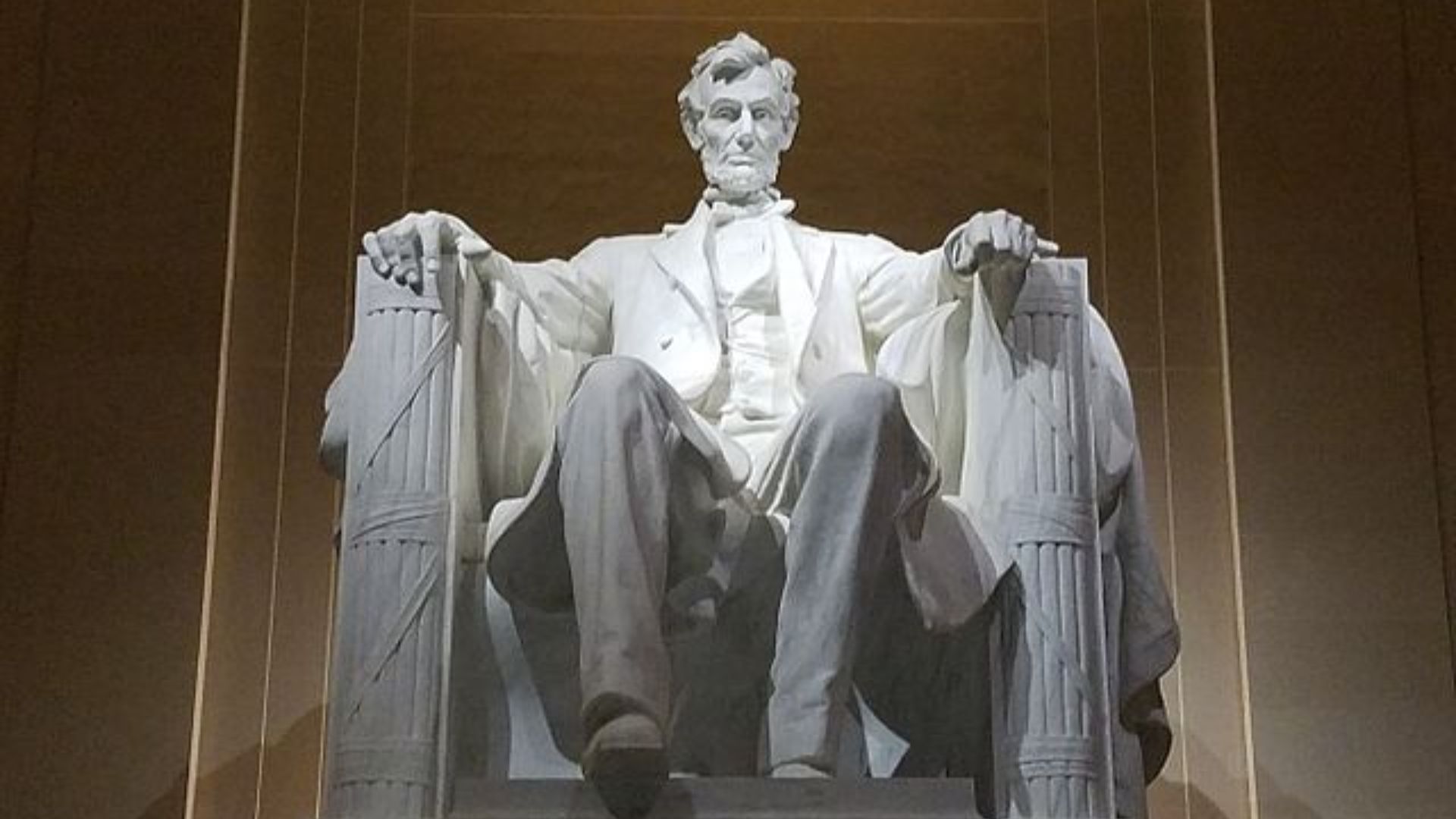
Reparations to Black Americans remain a contentious subject. However, there was a period after the war when more timely compensation was a possibility.
While the term ’40 acres and a mule’ is an oversimplification of the reparations, Field Order 15 would reserve 400,000 acres of Confederate land for the newly freed population. This was the first instance of a government official asking Black Americans what they wanted for themselves.
A Broken Promise
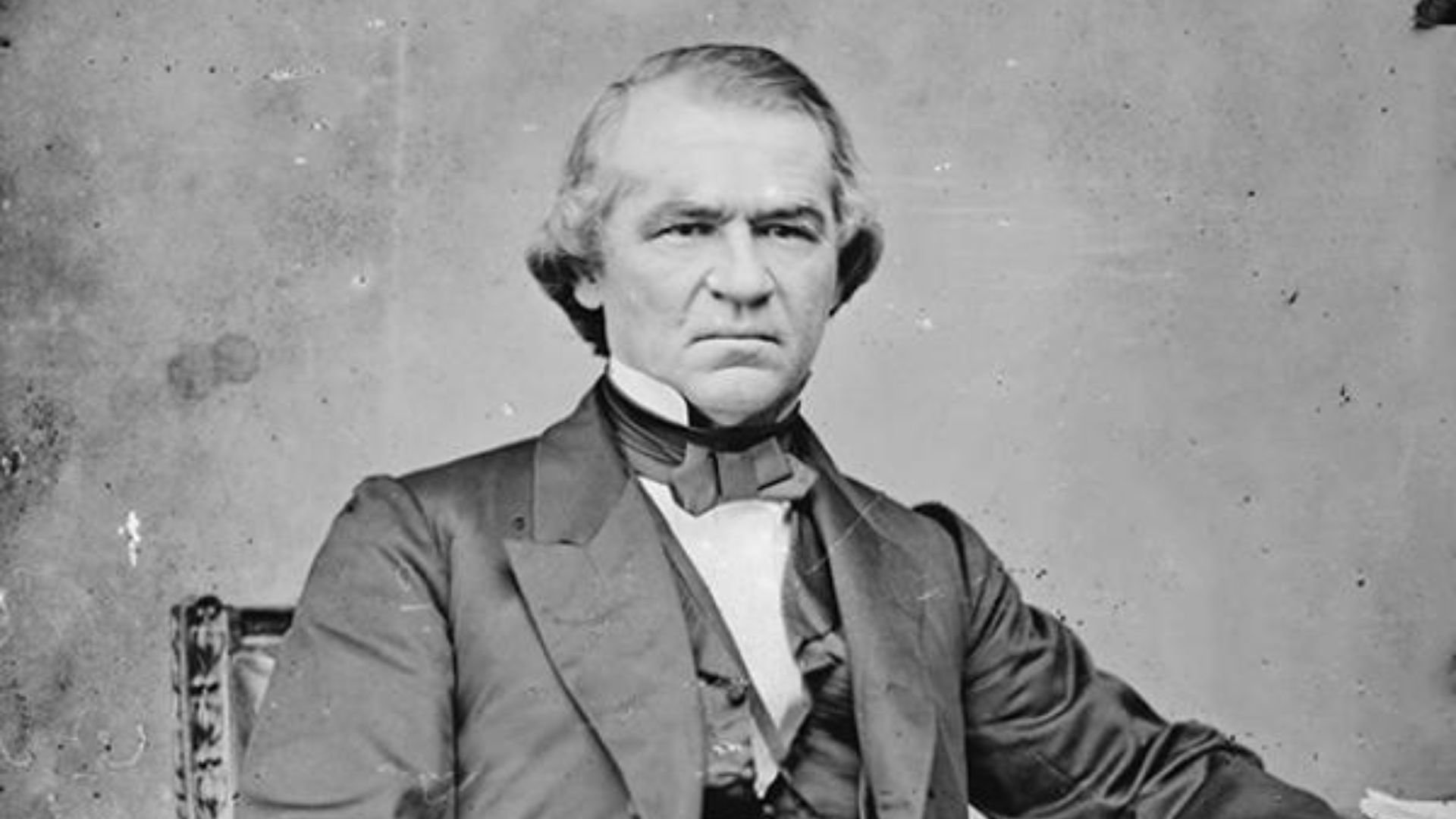
The government promised to make good on Field Order 15. But after the assassination of Abraham Lincoln, his successor, Andrew Johnson, rescinded the order.
Johnson returned the 400,000 acres of Confederate land to its owners. Professors such as Roy L. Brooks argued that Johnson was a segregationist who wanted to return formerly enslaved people back to a position of subordination.
Black Livelihood After the War

With the promise of their own tillable land broken, Black Americans resorted to a sharecropping system under White landowners in the South.
While some Black people became landowners against all odds, most could not become financially self-sufficient and accrue the multi-generational wealth that White landowners could pass on to future generations.
White Supremacy Lives On
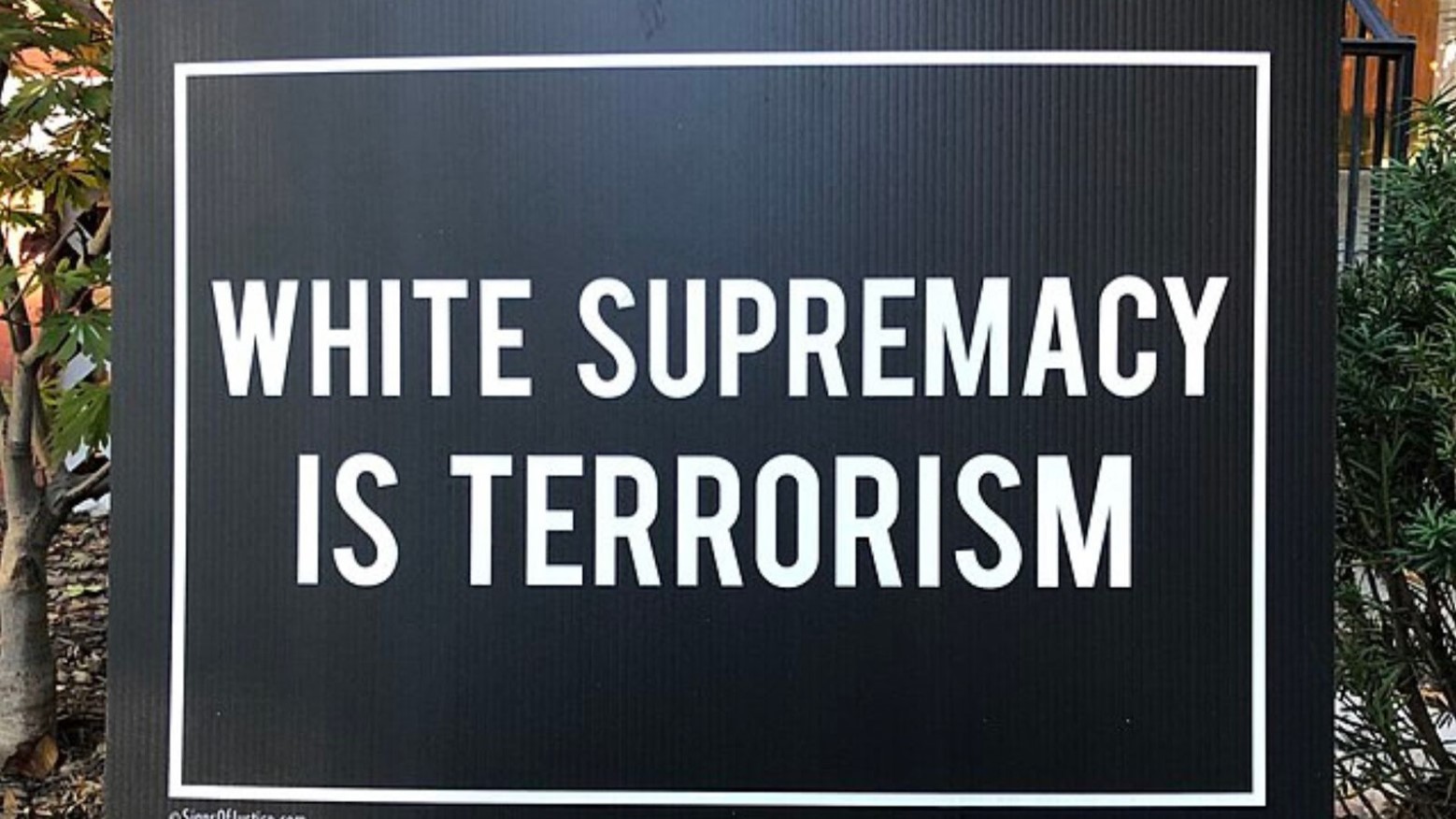
Even though it has been over 100 years since the end of the Civil War, white supremacy is still an issue in society. This is an idea that is far beyond racism, as it is the belief that white people are the dominating race.
There is the other issue of conservative Southern politicians. Many believe that the end result of the Civil War is a failure, even going as far as to implement restrictive voting bills that will hit Black Americans the hardest.
Schools Are Forgetting the Past

At the time of George Floyd’s murder, many states changed the names of institutions that previously commemorated the Confederacy.
Four years later, a district in Virginia could be the first to restore the names of Confederate leaders to schools. Board member Thomas Streett said the original change “was not done right” and was a knee-jerk reaction that lacked “loyalty” to the community.
Education About Slavery Is Changing for the Worse
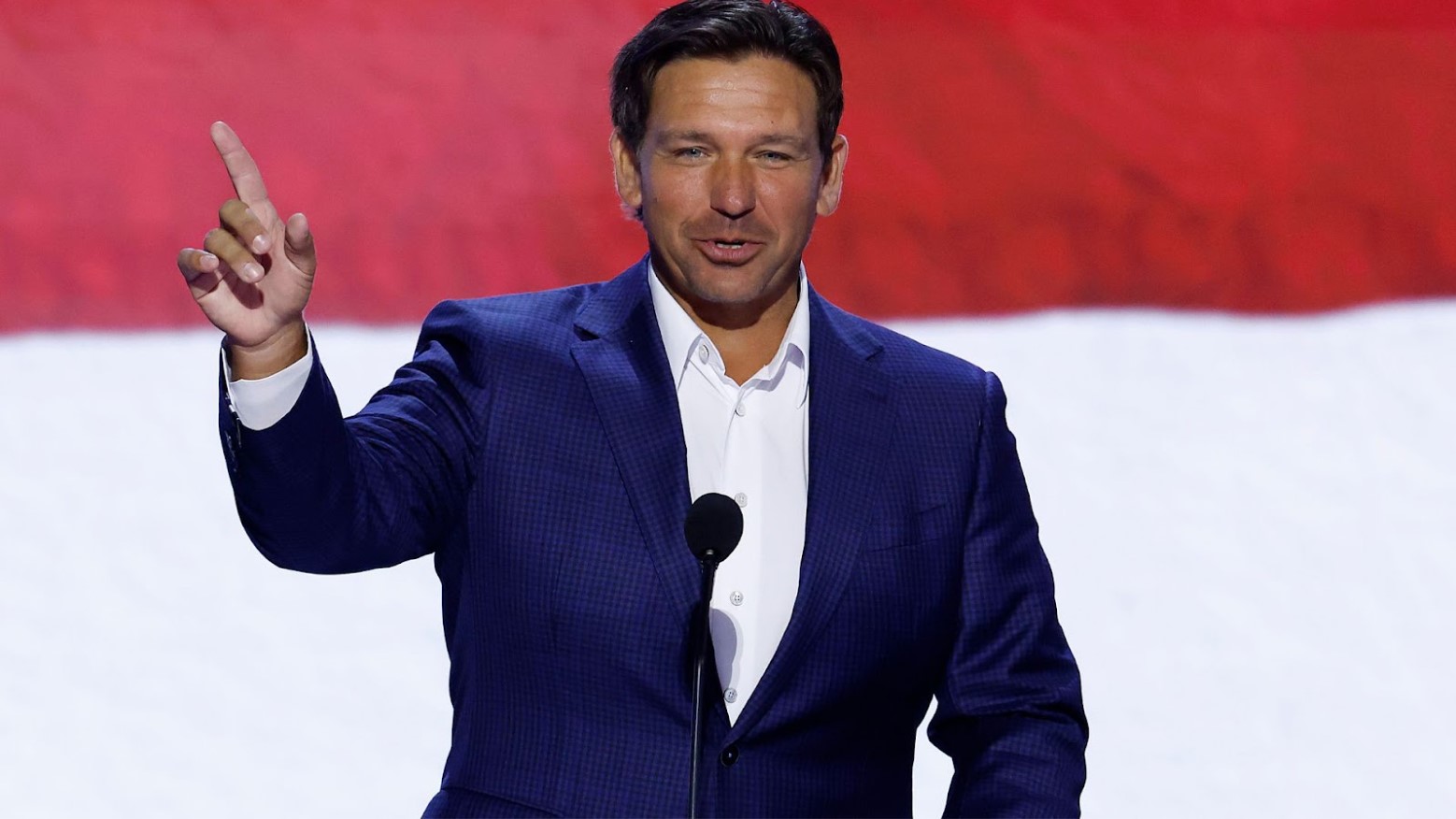
Following Ron DeSantis’ Stop Woke Act prohibiting the teaching of critical race theory in K-12 schools, Florida’s school curriculum has taken a sinister turn in the way it teaches children about slavery.
Despite outrage from community leaders, the curriculum still states that enslaved people were not the victims of their enslavers, and some personally benefitted from the skills they learned such as smithery or fishing.
Black Votes Are Still Under Attack
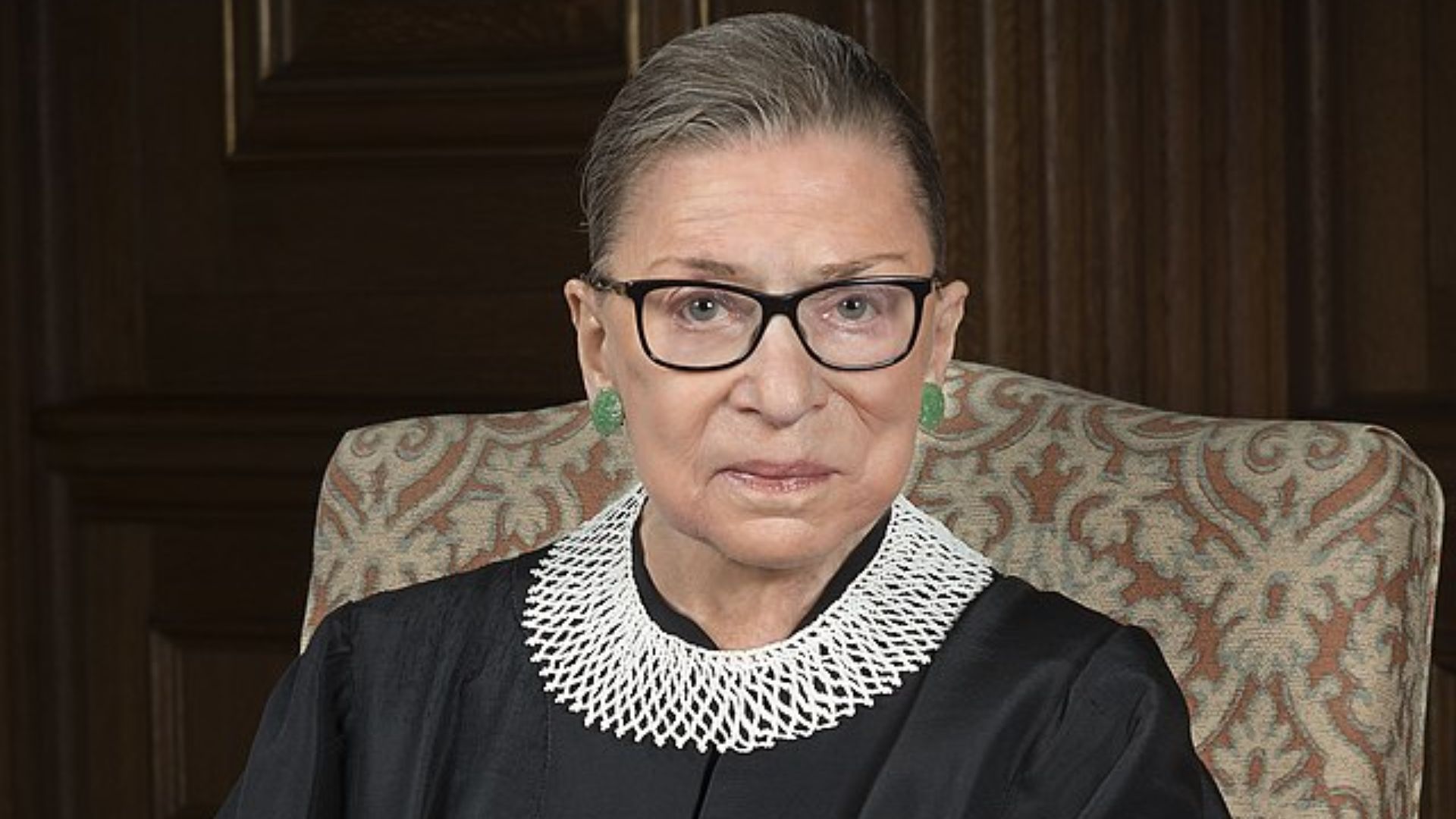
After well over a century of struggle for Black Americans to have the same civil rights as White people, attacks on ballot access have taken place in recent years.
In 2013, the Supreme Court defanged the 1965 Voting Rights Act in their ruling on Shelby County vs. Holder. They did this by freeing jurisdictions of “preclearance”, where they would need federal approval to change their election laws. In her dissent, Ruth Bader Ginsburg said throwing out preclearance “is like throwing away your umbrella in a rainstorm because you are not getting wet.”
States Are Trying to Restrict Votes

On the same day as the Shelby County ruling, that same county (which was formerly subject to preclearance) introduced the most stringent voter I.D. law in the country.
In recent years, Arizona and Georgia have joined Texas as the states with the most bills that restrict voting access introduced in the 2021 legislative session.
“Jim Crow in New Clothes”
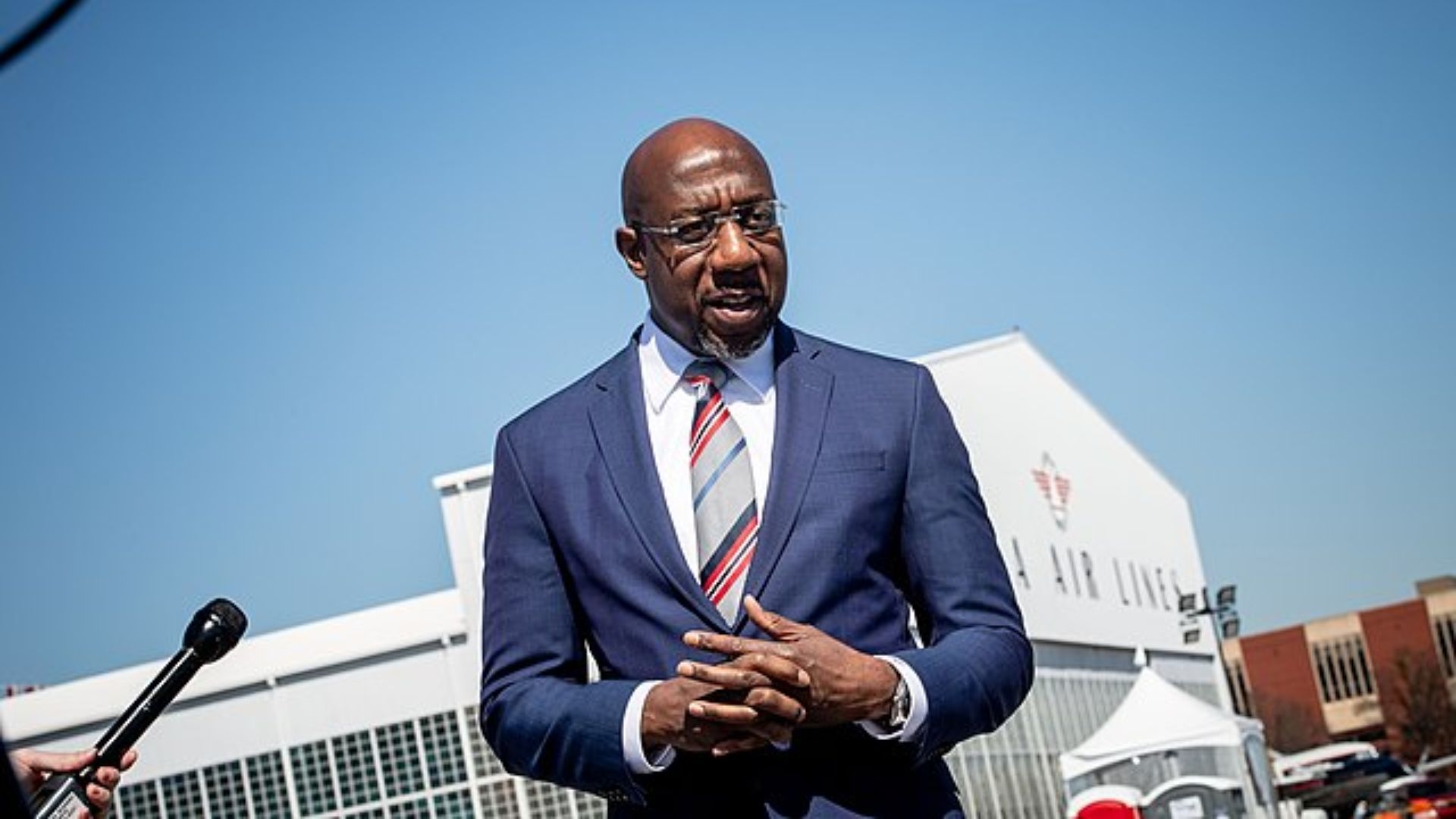
The slew of legislative attacks on Black ballot access shows that we are not as removed from our history as we would like to think.
In his maiden speech in 2021, Sen. Raphael Warnock said: “We are witnessing right now a massive and unabashed assault on voting rights, unlike anything we’ve ever seen since the Jim Crow era. This is Jim Crow in new clothes. At the time of his speech, lawmakers in 47 states introduced over 360 bills to restrict voting access.
The Importance of Preserving History
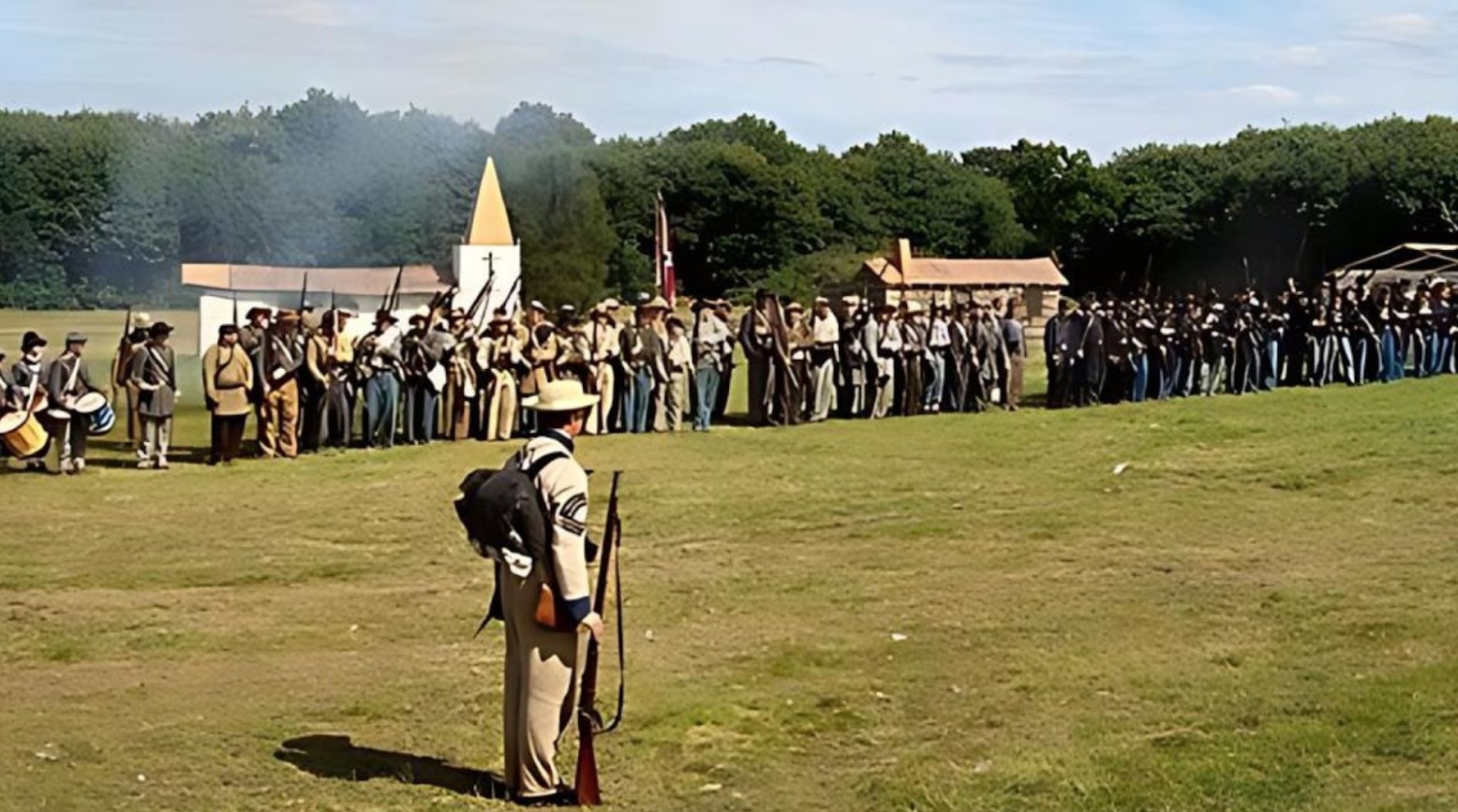
This shows the importance of preserving history. History can be an uncomfortable truth, but life wouldn’t exist as it does now if none of those events had happened.
Learning about history is an important part of everyone’s education, but the myths that creep in only cause more divisions, as was seen during the Civil War. This is why the truth must always be out there because, without it, society will become more divided than ever.
